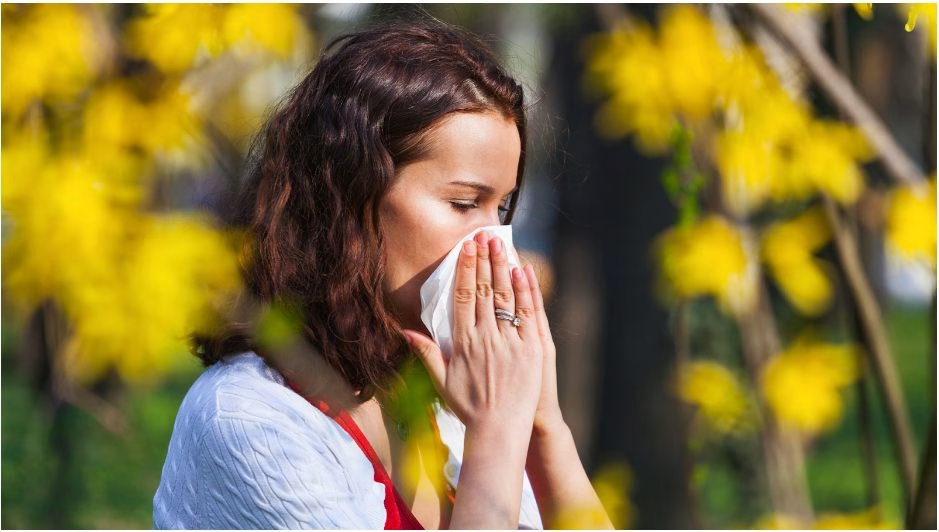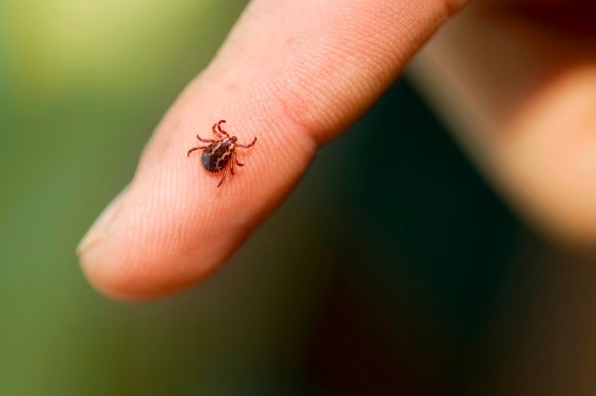
As the vibrant colors of autumn sweep through Massachusetts, they bring more than just scenic beauty. For many residents, fall also ushers in a season of sneezing, itchy eyes, and nasal congestion—hallmarks of fall allergies. While these allergies are common, they can significantly impact your quality of life if not properly managed. Understanding the triggers and employing effective prevention and treatment strategies are crucial to navigating this season comfortably.
Understanding Fall Allergies: Common Triggers
Fall allergies are primarily triggered by airborne allergens that become prevalent in the cooler months. The most common culprits include:
- Ragweed Pollen: Ragweed is notorious for releasing large amounts of pollen during the fall, which can travel hundreds of miles. Even if ragweed isn't growing near your home, its pollen can still affect you.
- Mold Spores: As leaves fall and begin to decay, they create the perfect environment for mold growth. Mold spores are quickly released into the air, especially after rain, contributing to allergic reactions.
- Dust Mites: Although dust mites are present year-round, they often become more problematic in the fall as people begin to use their heating systems. The circulation of warm air can stir up dust mites that have settled in carpets, bedding, and upholstery.
Understanding these triggers is the first step in managing your allergies effectively.
Prevention Tips to Minimize Allergy Symptoms
Once you know what triggers your allergies, the next step is prevention. Here are some strategies to help reduce your exposure to allergens and keep symptoms at bay:
1. Monitor Pollen Counts:
- What to Do: Check daily pollen counts for your area. On days when pollen levels are high, try to limit outdoor activities, especially in the early morning when pollen counts tend to peak.
- Resources: Many weather apps and websites provide local pollen counts. You can also find pollen forecasts through the National Allergy Bureau.
2. Keep Your Home Allergen-Free:
- Indoor Air Quality: Invest in a high-efficiency particulate air (HEPA) filter for your home. HEPA filters can trap tiny airborne particles, including pollen and mold spores, improving the air quality inside your home.
- Humidity Control: Keep indoor humidity below 50% to prevent mold growth. Use a dehumidifier if necessary, particularly in damp areas like basements.
- Regular Cleaning: Vacuum your home regularly with a HEPA filter vacuum cleaner. Also, remember to clean or replace the filters in your heating system to prevent the circulation of dust and allergens.
3. Personal Hygiene After Outdoor Activities:
- Shower and Change: Pollen can cling to your hair, skin, and clothing, so it's important to shower and change clothes after spending time outdoors. This helps to remove pollen and prevent it from spreading throughout your home.
- Outdoor Gear: Leave outdoor gear like jackets and shoes at the door to avoid tracking pollen into your living spaces.
4. Limit Exposure to Outdoor Allergens:
- Close Windows: Although it's tempting to let in the cool fall breeze, keeping windows closed is better to prevent pollen and mold spores from entering your home.
- Use Air Conditioning: Instead of opening windows, use air conditioning to keep your home cool and reduce humidity. Ensure your air conditioner has a clean filter to trap allergens.
Treatment Options: From Over-the-Counter to Professional Care
Despite your best prevention efforts, you may still experience allergy symptoms. When that happens, it's essential to know your treatment options:
1. Over-the-Counter (OTC) Antihistamines:
- How They Work: Antihistamines block the action of histamine, a chemical released by your immune system during an allergic reaction. This helps to alleviate symptoms like sneezing, itching, and runny nose.
- Standard OTC Options: Loratadine (Claritin), Cetirizine (Zyrtec), and Fexofenadine (Allegra) are popular choices that cause minimal drowsiness.
2. Nasal Corticosteroids:
- How They Work: These sprays reduce inflammation in the nasal passages, helping to relieve congestion, sneezing, and runny nose. They are often considered more effective than antihistamines for severe nasal symptoms.
- Examples: Fluticasone (Flonase), Budesonide (Rhinocort), and Mometasone (Nasonex) are widely used nasal corticosteroids.
3. Decongestants:
- How They Work: Decongestants can quickly relieve nasal congestion by shrinking swollen tissues. However, they should only be used briefly to avoid rebound congestion.
- Standard Options: Pseudoephedrine (Sudafed) is available in oral and nasal spray forms, but it should be used cautiously, especially if you have conditions like high blood pressure.
4. Allergy Shots (Immunotherapy):
- How It Works: Immunotherapy can be a game-changer for those with severe or persistent allergies. This treatment involves regular injections of small amounts of the allergen, gradually increasing your tolerance and reducing symptoms over time.
- Who Should Consider It: Immunotherapy is typically recommended for individuals who don't respond well to other treatments or want a long-term solution to their allergies.
5. Professional Help at AFC Urgent Care:
- Why Visit AFC Urgent Care: If over-the-counter remedies aren't providing sufficient relief or you are unsure which treatment is best for you, a visit to AFC Urgent Care can help. Our healthcare providers can perform allergy testing to identify triggers and develop a personalized treatment plan. We offer a range of options, including prescription medications and guidance on lifestyle adjustments to manage your symptoms effectively.
When to Seek Medical Attention
While many allergy sufferers can manage their symptoms with OTC medications and lifestyle changes, there are times when professional medical care is necessary:
- Severe Symptoms: If you experience difficulty breathing, wheezing, or chest tightness, seek immediate medical attention. These could be signs of a severe allergic reaction or asthma exacerbation.
- Persistent Symptoms: If your symptoms persist despite treatment, it may be time to see a healthcare provider. Chronic allergy symptoms can lead to complications like sinus infections or sleep disturbances.
- Complications: Allergies can sometimes lead to secondary conditions, such as sinusitis, ear infections, or asthma. Consult a healthcare professional if you develop additional symptoms like facial pain, earache, or a persistent cough.
Navigating fall allergies in Massachusetts can be challenging. However, by understanding common allergens, taking proactive steps to reduce exposure, and choosing the right treatments, you can enjoy the season's beauty without suffering its drawbacks.
If you need additional help managing your allergies, AFC Urgent Care provides expert care and personalized treatment options to help you breathe easier this fall.


